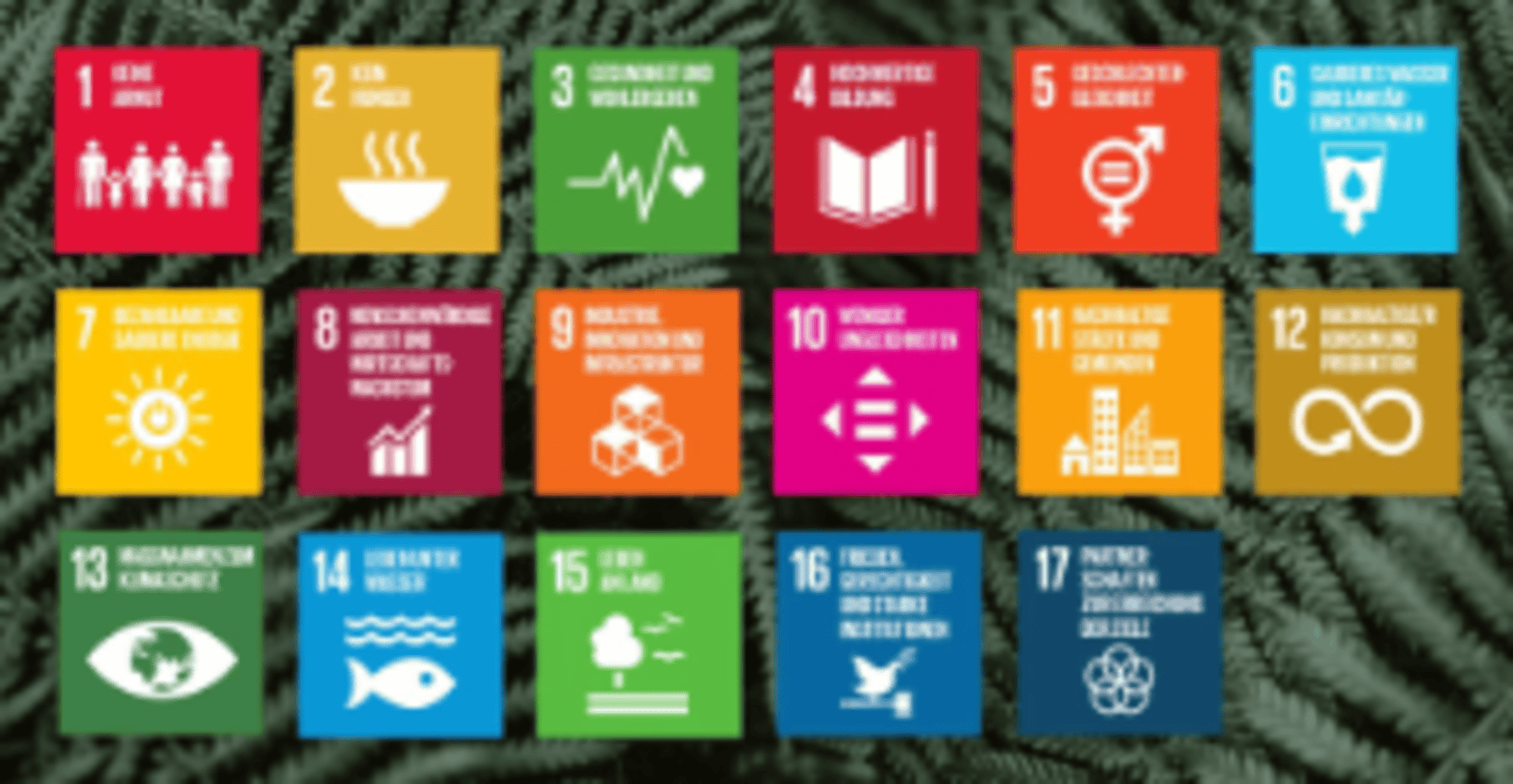November 18, 2024 — Energy Giants Unite to Support Sustainable Development Goal 7
In a landmark collaboration aimed at accelerating global energy access, BP, Equinor, Shell, and TotalEnergies have announced a combined investment of $500 million to advance the United Nations Sustainable Development Goal 7 (UN SDG7). This investment is designed to help billions of people across underserved regions gain access to affordable, reliable, sustainable, and modern energy solutions.
The global energy giants are particularly focused on tackling energy access deficits in Sub-Saharan Africa, as well as South and Southeast Asia—regions where electricity access and clean cooking solutions remain limited, affecting millions of lives.
Focus on Underserved Regions
The joint initiative primarily targets Sub-Saharan Africa, South Asia, and Southeast Asia. These regions face significant challenges in providing reliable energy access, with millions of people still lacking electricity and the ability to cook with clean energy. According to recent reports from the International Energy Agency (IEA), about 759 million people worldwide still lack access to electricity, and approximately 2.6 billion rely on traditional biomass for cooking, often with detrimental health and environmental impacts.
The $500 million commitment will directly support the development of modern energy infrastructure in these underserved areas, ensuring that both electricity access and clean cooking solutions are brought to the most vulnerable populations. Projects will focus on solar power, mini-grids, and energy-efficient cooking technologies, all aligned with the UN’s broader efforts to meet its SDG7 target by 2030.
Strategic Collaboration with Private Equity Partners
In addition to their direct investment, BP, Equinor, Shell, and TotalEnergies are partnering with a global private equity firm to help ensure the long-term success and financial viability of the projects. By leveraging the expertise of the private sector, the companies aim to scale solutions that can not only meet immediate energy needs but also create sustainable, profitable business models that can continue to support energy access over time.
“We believe that addressing the energy access challenge requires more than just investment—it requires a strategic collaboration that ensures these projects are financially viable, impactful, and scalable,” said BP CEO Murray Auchincloss in a statement. “Together, with our partners, we aim to make a significant impact on energy poverty in regions that need it most, while also aligning with the global transition to clean, low-carbon energy.”
Impact on Local Communities
This $500 million initiative is expected to create thousands of new jobs, improve health outcomes by reducing reliance on polluting fuels like wood and charcoal, and significantly increase access to modern, renewable energy solutions. According to estimates from the United Nations, achieving universal access to energy by 2030 will require an annual investment of around $30 billion. The joint commitment by BP, Equinor, Shell, and TotalEnergies is a key step in addressing this gap, but much more funding and collaboration will be needed in the years ahead to reach SDG7 targets.
“We are proud to be part of this collaboration, which reflects our commitment to advancing energy equity and driving sustainable development,” said Wael Sawan, CEO of Shell. “This is not just an investment in energy infrastructure, but an investment in the future of millions of people who currently lack access to the energy they need to thrive.”
Supporting the Global Transition to Clean Energy
While addressing energy poverty is at the core of this initiative, the joint investment also serves as a demonstration of how the world’s largest oil and gas companies are increasingly shifting their focus toward clean energy solutions and aligning their investments with the UN’s SDGs. This move is in sharp contrast to previous years, where many of these companies focused almost exclusively on traditional fossil fuels.
In addition to the focus on energy access, the companies are also advancing projects in carbon capture, offshore wind, and solar power, positioning themselves to be leaders in the energy transition. The UN’s SDG7 calls for a comprehensive approach that not only expands energy access but also promotes clean energy production, energy efficiency, and sustainability.
“We are fully committed to advancing a low-carbon future,” said Equinor CEO Anders Opedal. “This investment is an important part of our strategy to contribute to the energy transition and provide affordable, reliable energy to people who need it most.”
Conclusion
This $500 million joint investment by BP, Equinor, Shell, and TotalEnergies marks a major step in tackling global energy access issues while also advancing the UN SDG7. By focusing on underserved regions in Sub-Saharan Africa, South Asia, and Southeast Asia, the initiative is expected to have a transformative impact on millions of lives by providing affordable, reliable, and clean energy. Through strategic partnerships with private equity firms and a clear focus on long-term sustainability, the four companies are setting an example of how the energy sector can contribute to global development goals while transitioning to cleaner, more sustainable energy systems.
References:
- United Nations, “Sustainable Development Goal 7: Affordable and Clean Energy,” 2024.
- International Energy Agency (IEA), “World Energy Access Outlook,” 2023.
- BP, “BP’s Commitment to Low-Carbon Future and SDG7,” October 2024.
- Equinor, “Equinor’s Role in Advancing Clean Energy Access,” 2024.
- Shell, “Shell’s Commitment to Energy Access and Sustainability,” November 2024.
